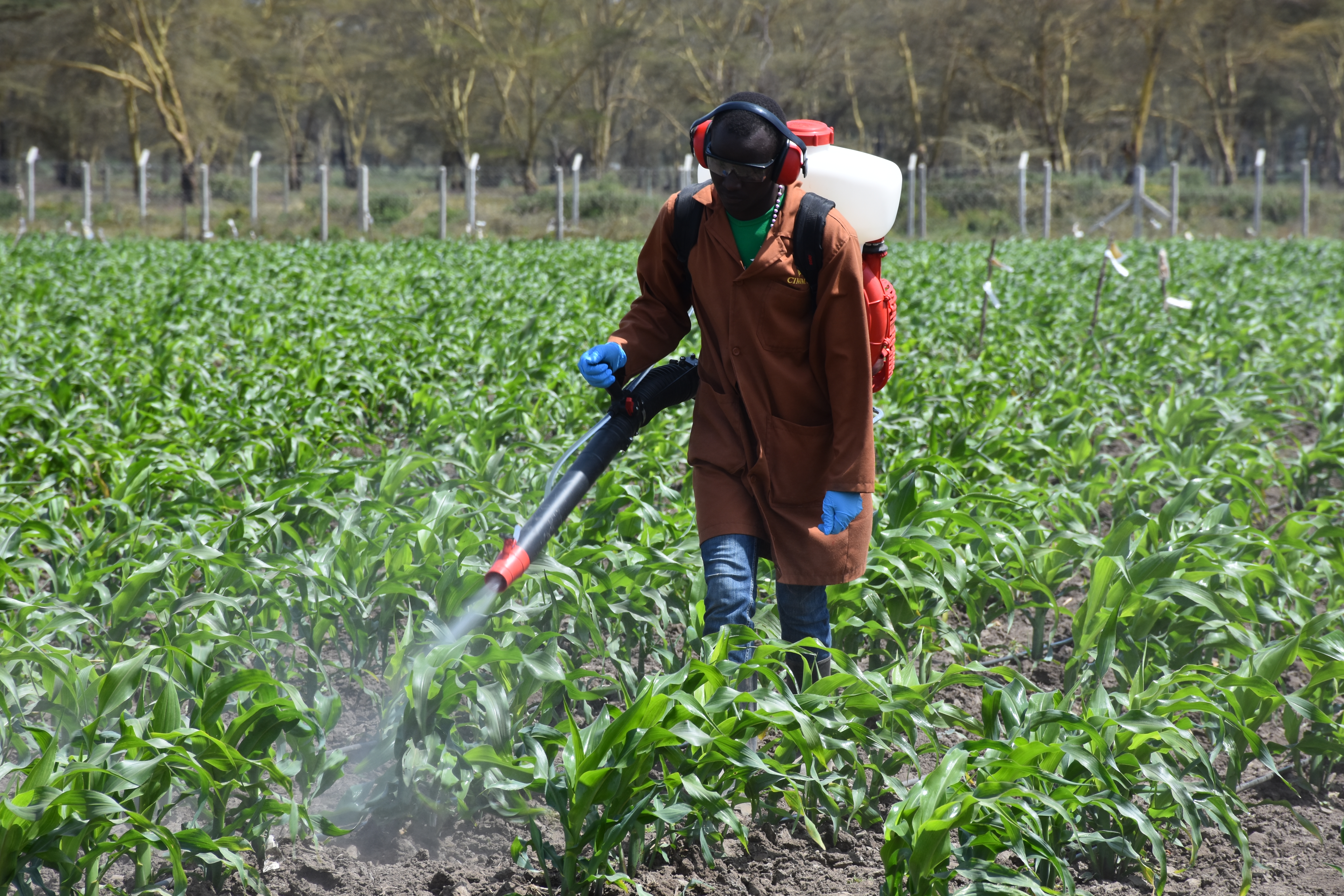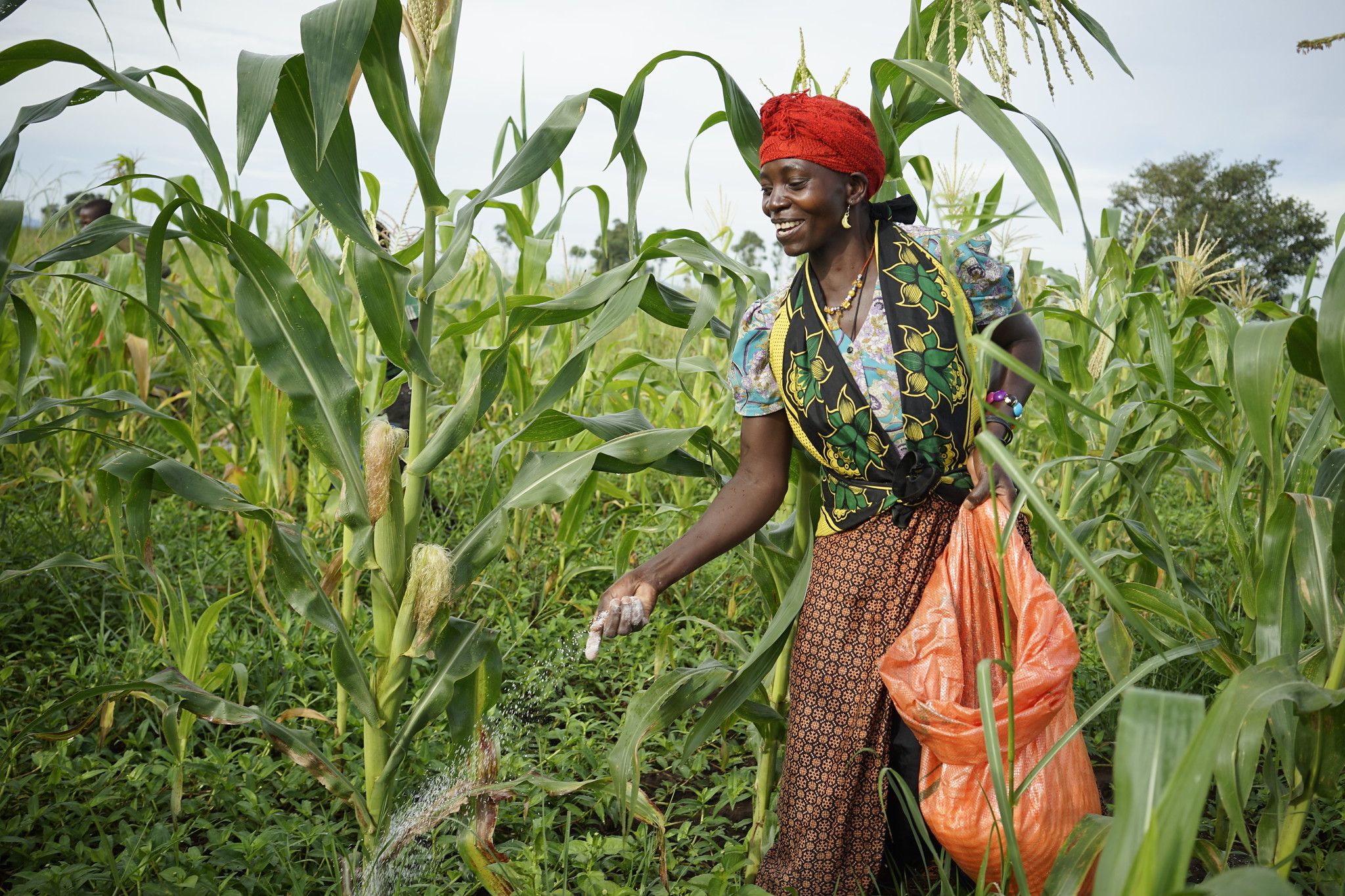East African Seed Company has a rich history of nearly 50 years, serving farmers with improved climate-resilient seed varieties. Established in 1972, the company produces and sells improved seed, through a wide distribution network in at least 15 countries in sub-Saharan Africa. It also markets agrochemicals and other farm inputs, and has ambitions of expanding to the rest of Africa, trading as Agriscope Africa Limited.
Smallholder farmers in sub-Saharan Africa continue to face multiple biotic and abiotic stresses as they try to improve their farms’ productivity and their livelihoods. Maize seed that guarantees high yield is a key trait, coupled with other key attributes such as drought tolerance, disease and pest resistance, early seedling vigor as well as suitability for food and animal feed.
With the varieties serving both small- and large-scale commercial farmers, challenges such as the fall armyworm, diminishing soil fertility and erratic rains have persisted in recent years and remain as key farming obstacles. “Such challenges diminish crop production and the grain quality thereby, lessening farmers’ profitability,” says Rogers Mugambi, Chief Operating Officer of East African Seed Company.
Scientists at the International Maize and Wheat Improvement Center (CIMMYT), in collaboration with partners in the national agriculture research systems and the commercial seed sector, continue to develop seed varieties that can guarantee decent yield even in times of climatic, disease and pest stress.
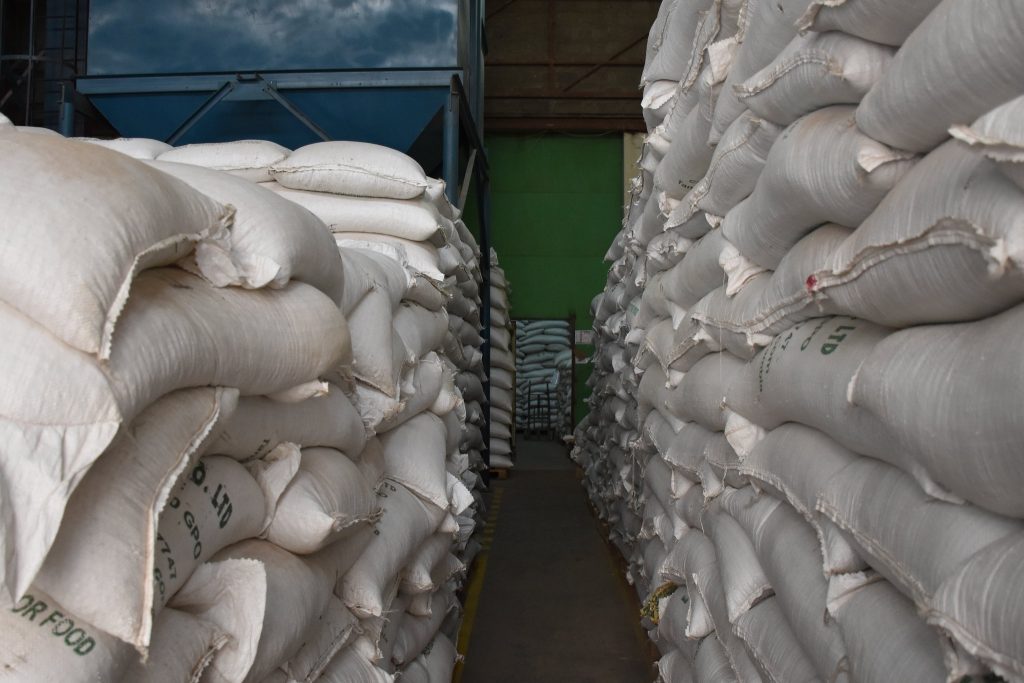
Top-notch research trickles down to farmers
Over the years, East African Seed has inked partnerships with CIMMYT, national research institutes and other agencies in the countries where it operates. Such partnerships have been the driving force to its success and the impacts within the farming communities in sub-Saharan Africa.
“Our collaboration with CIMMYT began in 2008 with germplasm acquisition. The cooperation has expanded to include testing networks for new hybrids, early-generation seed production and marketing. The overall beneficiary is the smallholder farmer who can access quality seeds and produce more with climate-smart products,” Mugambi says.
Apart from the multi-stress-tolerant varieties developed and released over time by the national agricultural research programs, CIMMYT recently announced a breakthrough: fall armyworm-tolerant elite maize hybrids for eastern and southern Africa. This success followed three years of rigorous research and experiments conducted in Kenya and signified a key milestone in the fight against fall armyworm.
As part of the partnership in the Drought Tolerant Maize for Africa (DTMA) and Stress Tolerant Maize for Africa (STMA) projects, East African Seed Company (Agriscope Africa Limited) established demonstration farms and conducted field days in Kenya, reaching thousands of farmers as a result. It was also able to produce early generation seed, which supported production of 2,000 metric tons of certified seed. This partnership now continues in the Accelerating Genetic Gains in Maize and Wheat (AGG) project.
The company has contracted large- and small-scale growers across the country to meet its seed production targets.
“Most of our small-scale growers are clustered in groups of up to 30 farmers with less than five acres of farmland. The large growers have advanced irrigation facilities such as the pivot system and seed processing plants. The seed from the fields is pre-cleaned and dried in the out-grower facilities before delivery to our factory for further cleaning and processing,” Mugambi explains.

Out with the drought
Currently, of the 1,300 metric tons of drought-tolerant hybrid seeds it produces yearly, 500 metric tons constitute those derived from the partnership in the STMA project. Two notable hybrids, HODARI (MH501) and TOSHEKA (MH401), were derived during the DTMA and STMA projects. Released in 2014 and accepted for regional certification through the Common Market for Eastern and Southern Africa (COMESA)’s regional catalogue, the MH501 is a mid-altitude adapted and medium maturing three-way cross hybrid. The yield advantage of 15% over the local commercial checks triggered widespread adoption by the farmers, according to Mugambi. In Kenya, it was used as a commercial check during national performance trials, from 2017 to 2019.
The MH401, an early maturing hybrid with moderate drought tolerance, has been adopted in lowland and mid-altitude dry ecologies of Kenya and Tanzania. It has a 20% yield advantage over the local commercial checks.
As part of its varietal replacement, East African Seed Company looks to steadily retire older varieties such as KH600-15A and WE1101 and promote new ones including TAJIRI (EASH1220), TAJI (MH502) and FARAJA (MH503).
To promote new varieties and successfully reach smallholders, the company conducts field days, farm-level varietal demonstrations, road shows and radio programs. It also disseminates information on the benefits of new varieties while also dispensing promotional materials such as branded t-shirts and caps.
“Additionally, we organize annual field days at our research farm in Thika, where key and influential farmers and other stakeholders are invited from across Kenya and neighboring countries to learn about our new agricultural technologies,” Mugambi says.
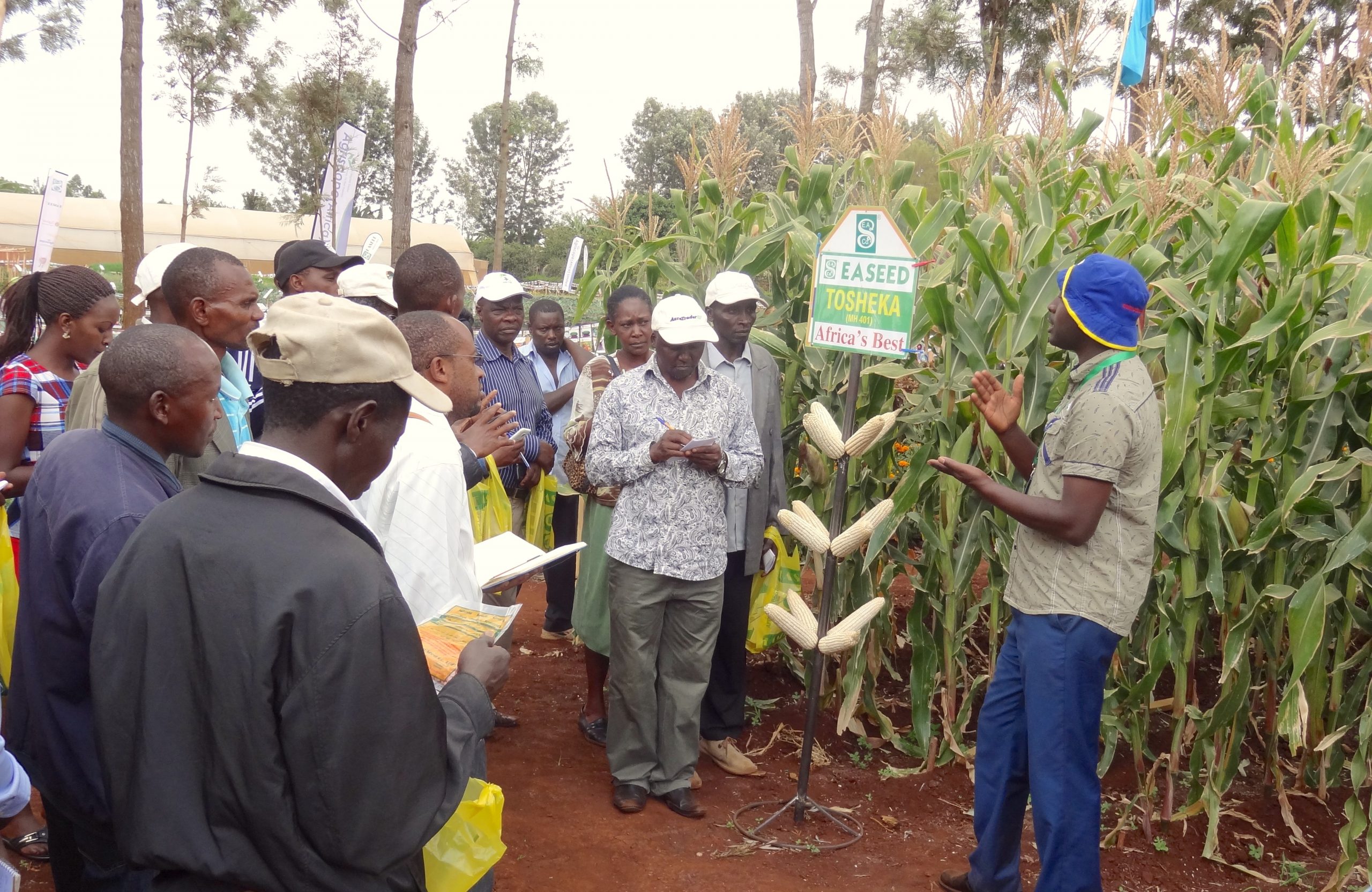
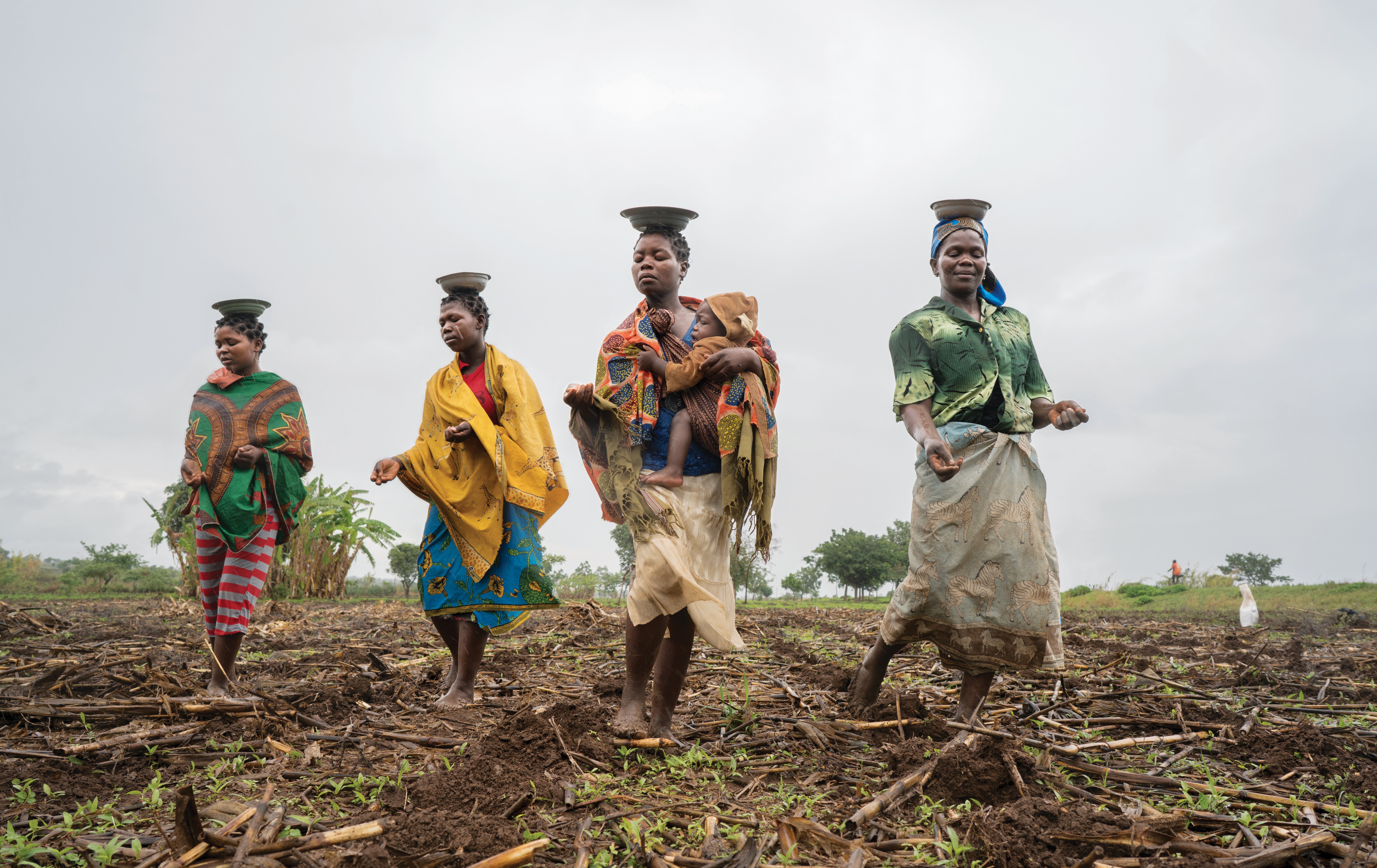
 Climate adaptation and mitigation
Climate adaptation and mitigation 